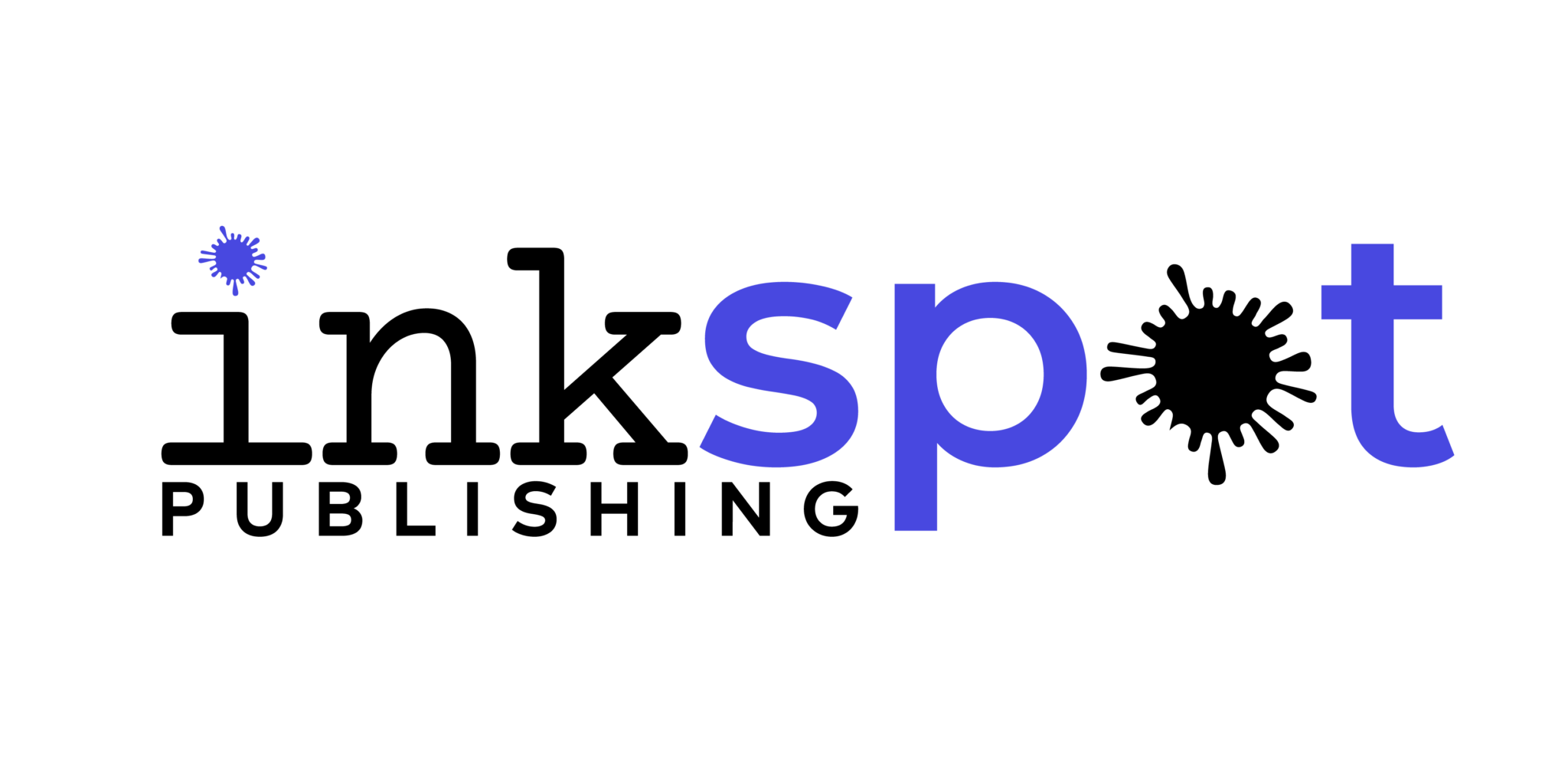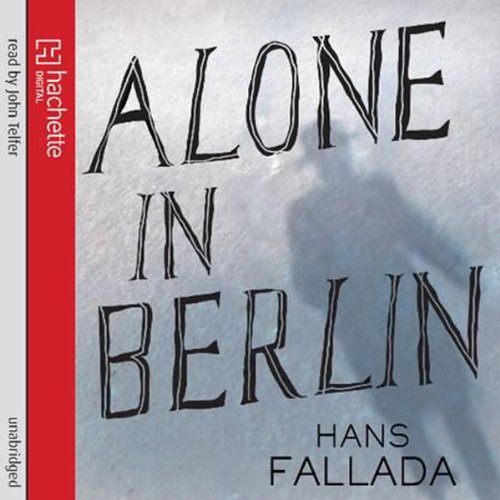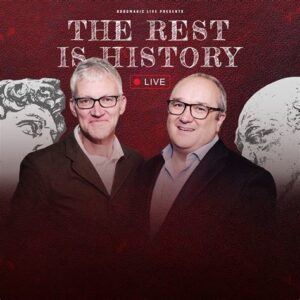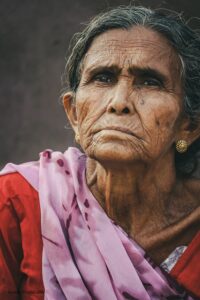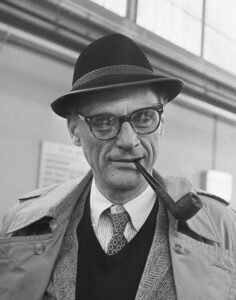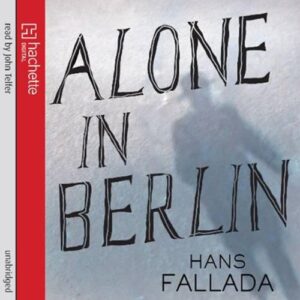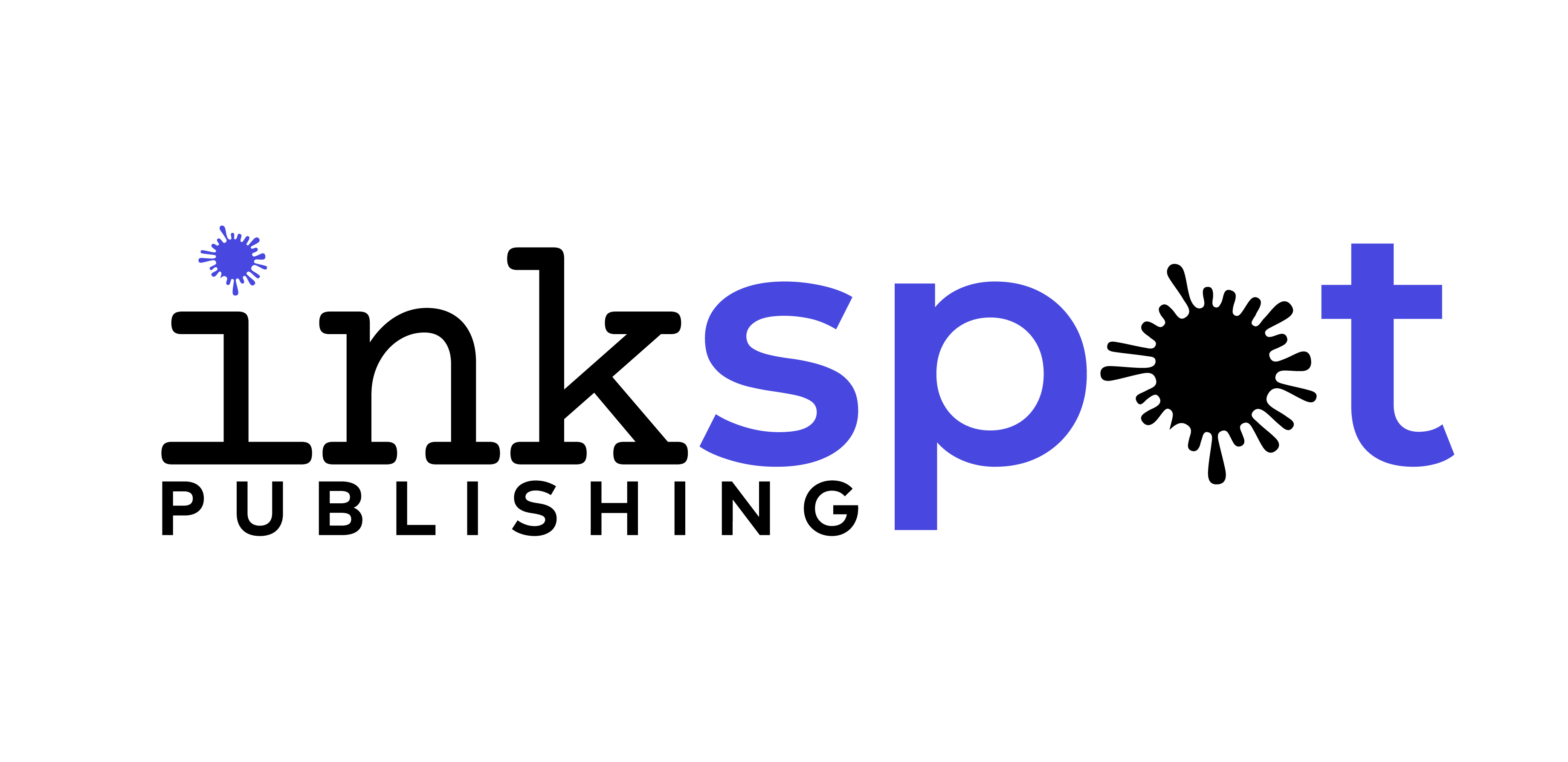The central story in Richard Vaughan-Davies’s book Fireweed concerns Adam, a young British military lawyer posted to Hamburg in 1947, who falls in love with a German girl during a time when the strictest of anti-fraternisation laws existed between Brits and the vanquished Germans. It’s an unconventional love story and an adventure, but the book examines moral culpability during a time of war and poses an uncomfortable question. It’s easy from the safety of distance and time to condemn ordinary Germans for colluding with the Nazi leadership, for their role in the Final Solution, but under similar circumstances, what would you have done? Would you have risked your life, the lives of your family, your physical comfort and your neighbours’ good opinion to condemn aloud what was happening around you? Hans Fallada’s haunting book Alone In Berlin depicts an ordinary working-class couple, Otto and Anna Quangel, who instigate their own tiny rebellion against Hitler. They drop postcards around the city exhorting people to ‘put sand in the machines’ ‘don’t pay into the winter relief fund’ ‘work slower’ as ‘every stroke of work not done shortens the war.’ All they do is instil terror in the unlucky recipients of the postcards, who feel compelled to hand them in to the authorities. Surely an elderly, uneducated couple could do nothing in the face of the almighty Nazi war machine, seemingly whole-heartedly supported by the vast majority of the population? Yet Fallada’s book succeeds in conveying the idea that doing the right thing is never futile. Mark Twain wrote in an essay that 9,999 men in 10,000 are characterised by moral cowardice. ‘No revolt against a public infamy or oppression has ever begun but by the one daring man in that 10,000, the rest timidly waiting, and slowly and reluctantly joining, under the influence of that man and his fellows.’ (Obviously Mark Twain wrote of ‘men’ and ‘man’. Doubtless, if he were writing today, he would have included women too.)
Robert Harris’s Fatherland imagines a world in which Hitler had won the war. His central character, Xavier March is that one man in Mark Twain’s 10,000. An officer in the Kriminalpolizei, he uncovers a plot to eliminate all Nazi officials who attended a 1942 conference at which the genocidal Final Solution was planned. Why? So that the fate of the millions of Jews killed in the Holocaust will never be uncovered. The official line is that they have been relocated east. The case is rapidly taken over by the Gestapo, but March has a dangerous desire to get at the truth, and in the process, he is denounced by his ten-year-old son, an enthusiastic member of the Jungvolk. The novel gives us a glimpse into the horror of what could have been: an all-powerful, watchful Big Brotherish state, an inability to criticise the established leadership, a society in which citizens are encouraged to spy on their family, friends and neighbours, where dissidents and alternative lifestyles are not tolerated. This is a reality for Chinese and Russian citizens today. The novel should awaken a profound feeling of gratitude for all the freedoms we enjoy, but they are under constant threat and can never be taken for granted. Totalitarian leaders understand the dangers of free speech and expression, as they lead to free thought and debate, which in turn lead to diversity of opinion and (horror!) political opposition. Therefore, free speech must be crushed. In a liberal democracy, the process of crushing starts very slowly with the policing of language.

Annie Dawid’s Paradise Undone, A Novel of Jonestown looks behind the megalomaniac Jim Jones to the ordinary people who followed him to the Guyanese jungle. It’s comfortable to imagine that we would have been immune from his siren call to suicide. We wouldn’t have been that brainwashed or stupid. We’re not braindead zombies. In the first instance, a great number of the people who died on that terrible day in 1978 were co-erced, forced to drink the cyanide-laced Flavor-Aid. Many were children, infants. Thirty-three babies were born in Jonestown and not one of them survived. Even the people who voluntarily laid down their lives were constantly sleep-deprived, overworked and exhausted while subsisting on a low protein diet. Most of the Peoples Temple congregation were black, from the big USA city projects, the vast majority of whom had struggled with poverty their whole lives, treated as second-class citizens in their own country. As part of Peoples Temple, they were fed, looked after, given medical treatment and dental care and were encouraged to believe themselves to be valued members of a rainbow family. Is it a surprise that they should view outside interference in their new community with suspicion and hostility? When does community morph into cult? A cult is a cult only to outsiders. The moment an insider sees it as such, they immediately become an outsider.
The vast majority of us will never face the trials of the Quangels or of a Xavier March. Wouldn’t it be nice to imagine we would be that one person in 10,000 who would risk everything we hold dear to do the right thing? It’s one thing to risk yourself, quite another to risk your family, your friends, your children. Big Brother understands this fear, and exploits it to the full.
